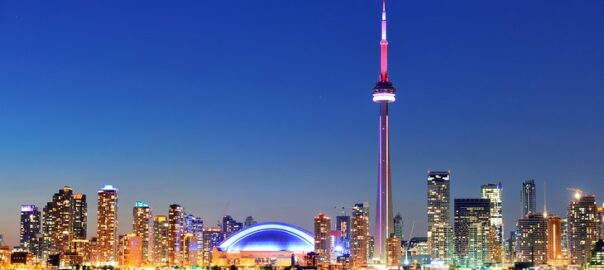

Suite 516, 5th Floor, Burlington Tower, Business Bay, Dubai, U.A.E

If you are intrested to immigrate, fill out our online assessment form.
Disclaimer: VisaAffix Services L.L.C. provides consultancy services to clients for temporary as well as permanent residency visa-related matters and deals with documentation and filing applications. It is neither a legal firm nor does it provide any kind of legal advice/assistance or suggestions to ... Read More.